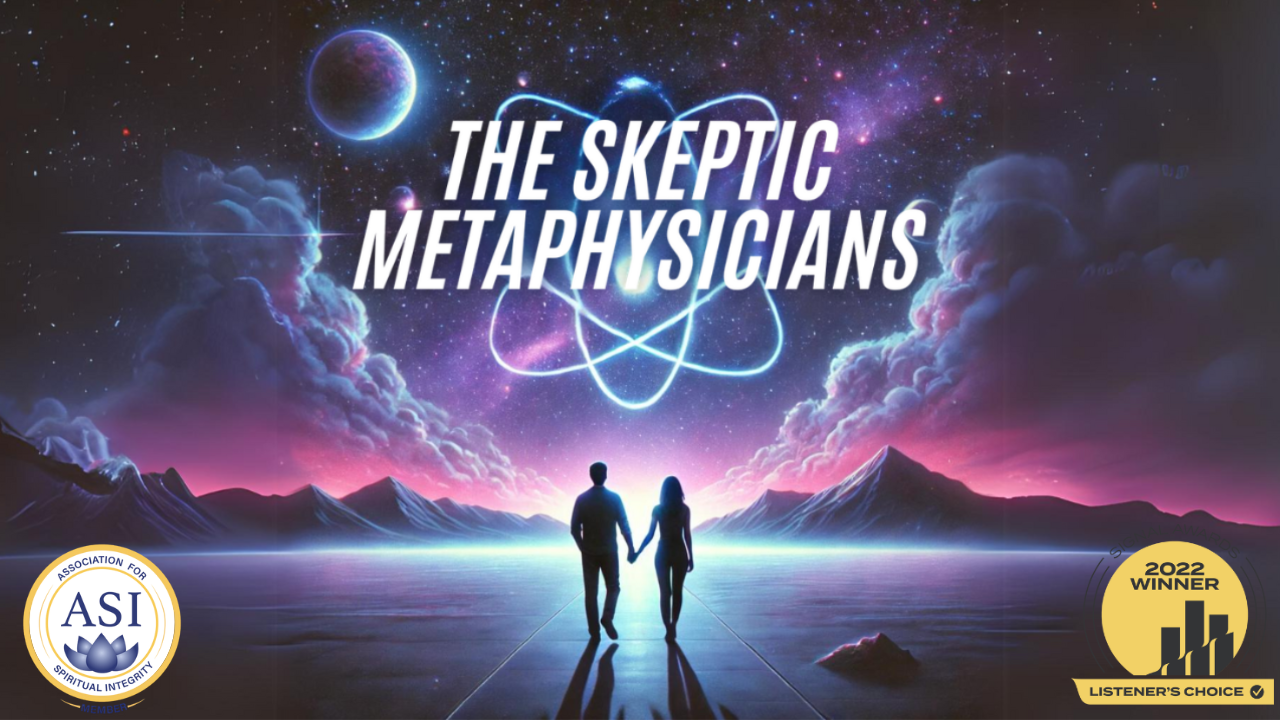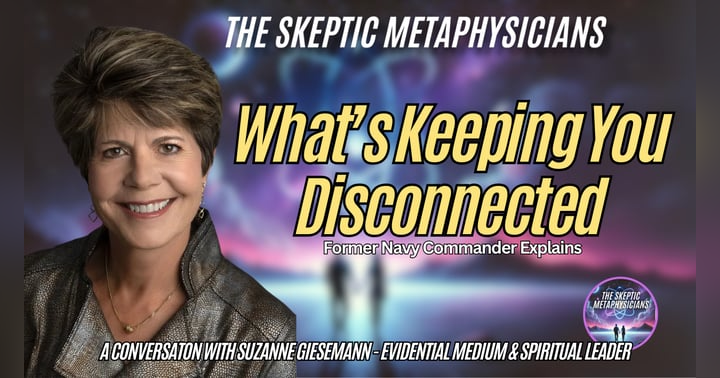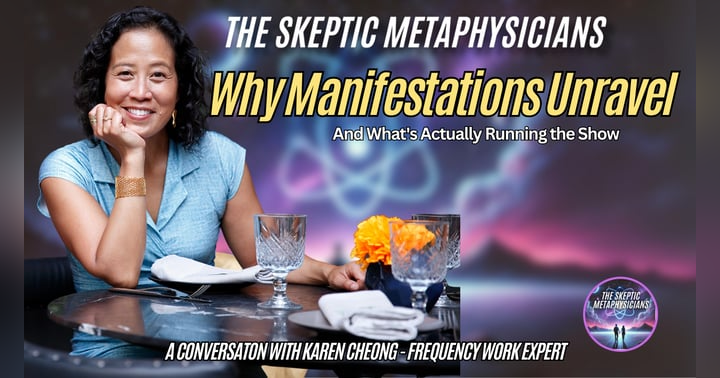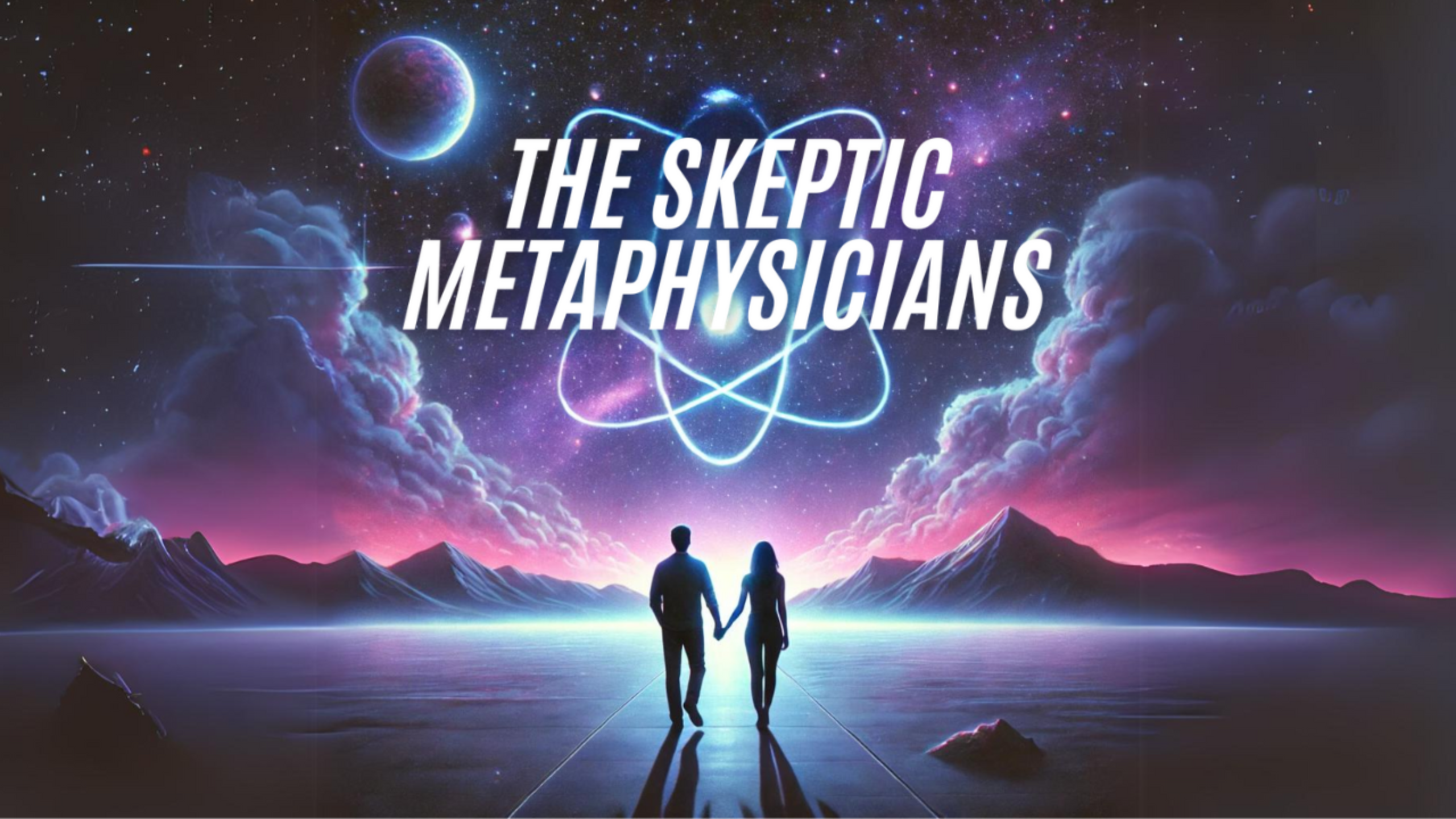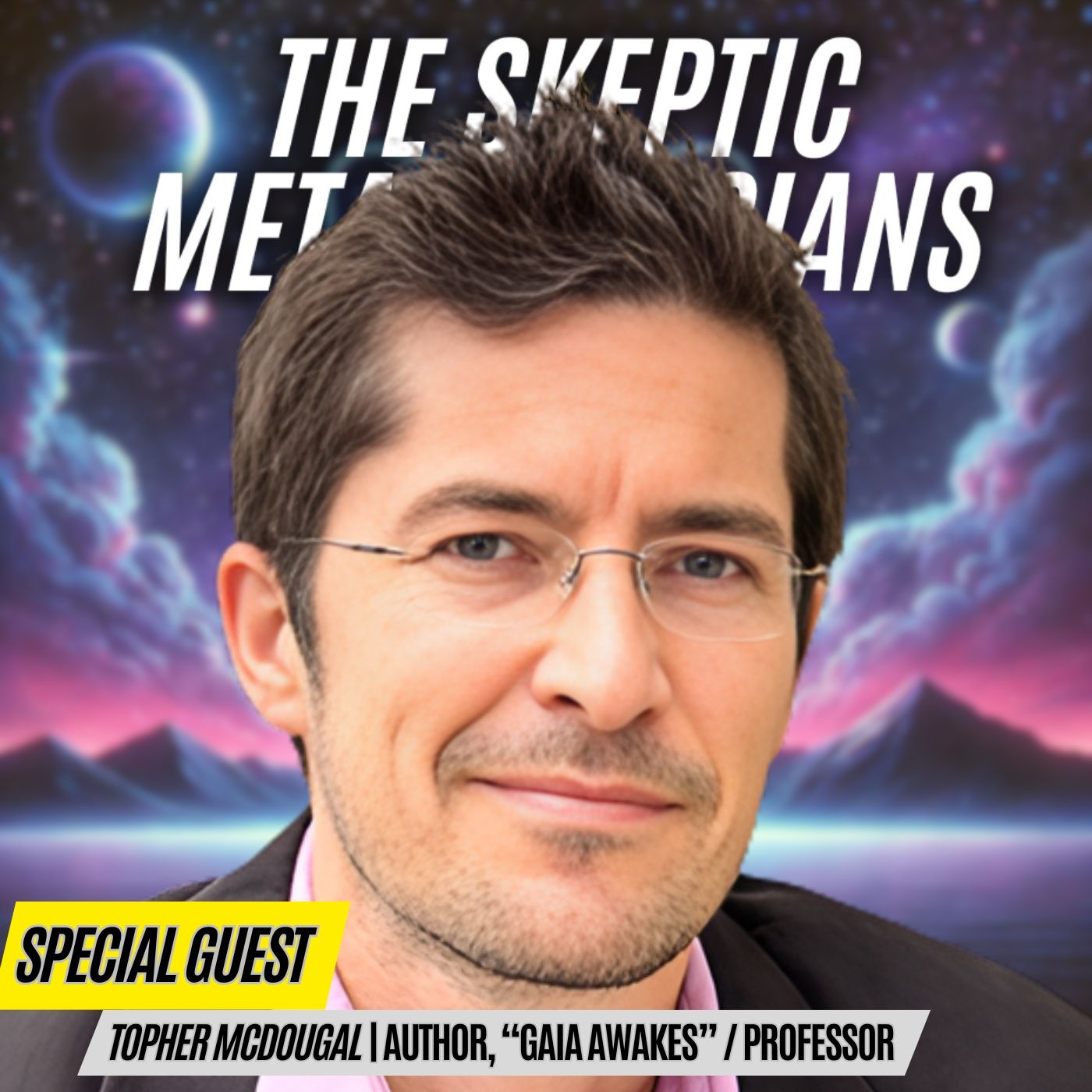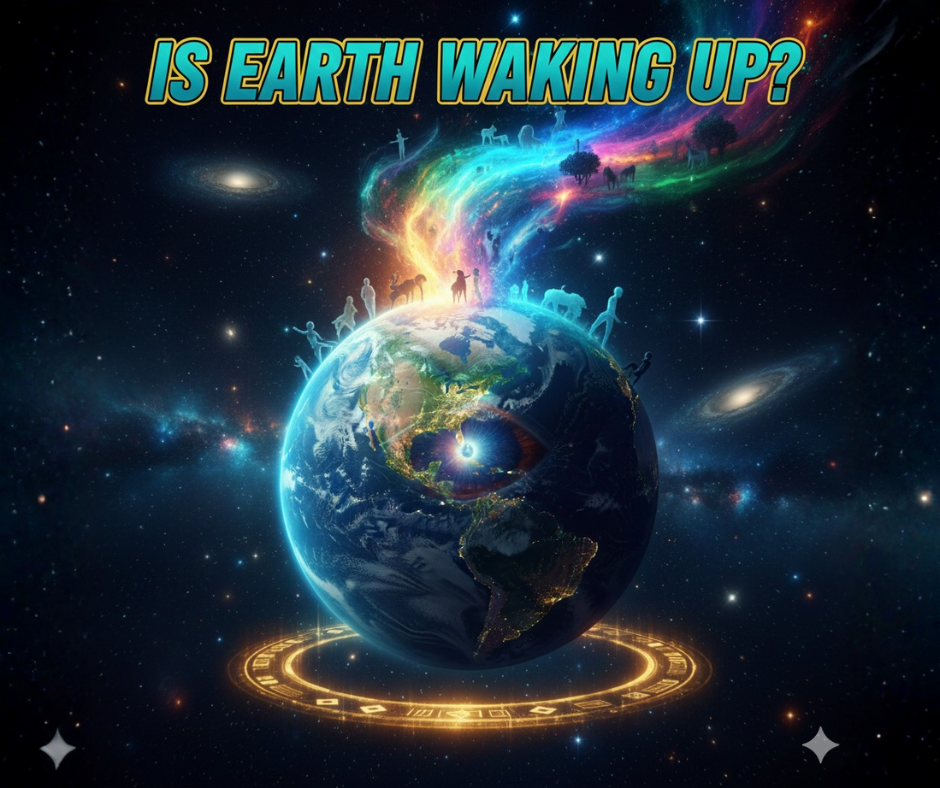
Most of us grew up thinking of Earth as a home, a resource, or a setting for our human story. But what if Earth isn’t just where we live? What if it’s becoming someone?
This isn’t poetic mysticism. It’s a real scientific hypothesis proposed by Dr. Topher McDougall, a futurist and professor of Economic Development and Peacebuilding at the University of San Diego’s Kroc School of Peace Studies. He argues that Earth may be moving toward a literal planetary brain, emerging from:
artificial intelligence,
global infrastructure,
human institutions,
and environmental pressures.
This isn’t metaphysical metaphor. It’s biology, technology, and systems theory applied to the biggest scale imaginable.
And if he’s right, we are in the middle of a transformation so big that humans may become to Earth what mitochondria are to cells.
Yes, you read that correctly.
The Scale of the Hypothesis: A Superorganism is Being Born
Throughout biological history, life has repeatedly leveled up by forming larger, more coordinated bodies. Topher explains that evolution doesn’t inch forward, it leaps, and those leaps happen when small units are forced into cooperation. Then, a larger “unit” emerges.
Examples he gives:
Single molecules → combine into proto-cells
Small cells → merge, becoming complex cells
Collections of cells → become organisms with brains
Humans → organize into nation states
Each leap creates a “being” at a larger scale. And right now, he suggests we might be watching the next leap:
Nation states + AI + institutions + global networks = a planetary-scale mind.
Where would this “mind” live?
Not in a skull, but in fiber optic cables, satellites, AI systems, and human-managed infrastructure.
Earth’s next brain may be cybernetic...part organic, part machine.
AI as Earth’s Nerve Tissue
Topher points out something most of us haven’t considered: AI systems are already thinking faster than us, and they’re increasingly talking to each other without human supervision.
Right now:
AI generates its own messages,
AI receives messages from other AI,
and humans are not in the loop of most machine-to-machine communication.
That means, unlike earlier tech, AI isn’t just speeding up human communication, it has its own.
Topher describes how, once these intelligent systems are networked globally and embodied across sensors, satellites, infrastructure, and “smart” objects, Earth develops the equivalent of:
nerves → sensor networks
motor control → automated systems, robotics, coordinated infrastructure
neurological processing → interconnected AI systems
At that point, Earth isn’t just connected.
It’s thinking.
Environmental Decline as a Catalyst, Not a Crisis
Here’s the most surprising part of the theory:
We might be accelerating Earth’s consciousness because of environmental devastation, not in spite of it.
Topher uses evolutionary history to illustrate this pattern. When smaller organisms become too good at exploiting their environment, when prey becomes scarce, nature responds by “rewarding cooperation.” He gives the example of early cells consuming smaller ones not as food but as partners, eventually becoming mitochondria.
Why does that matter?
Because environmental collapse forces organisms to cooperate at higher levels to survive. Our crises are forcing humanity to create:
planetary information systems (to track climate, resources, pollution),
global governance attempts,
climate agreements,
interdependent economies,
and worldwide monitoring systems.
In other words, ecological crisis is triggering planetary coordination, which becomes the communication infrastructure of a global mind.
Environmental destruction might be the labor pain of a birth.
Is This New Mind a Threat or an Upgrade?
People hearing this theory often jump to sci-fi dystopia:
Skynet, Terminator, The Matrix, mass extinction, the whole package.
Topher insists this leap in scale doesn’t mean we’ll be wiped out. Historically, when a new organism evolves, the older organisms don’t disappear, they become smaller parts of a bigger whole:
Mitochondria weren’t destroyed by eukaryotic cells, they moved inside them.
Cells weren’t destroyed by multicellular life, they became organs.
Humans weren’t erased by cities and states, we were domesticated by them.
That’s the real shift we should expect:
We stop being the apex, and start being an organ.
We might be to Earth what mitochondria are to cells; crucial, but no longer in charge.
Domesticated Humanity: The Process Has Already Started
Topher explains that humanity is already more domesticated than we think. Our phones predict where we’ll go, when we’re awake, what we buy, and what we believe. We follow daily routines designed by systems larger than ourselves; corporations, governments, supply chains.
Nation states, in his view, are already superorganisms that “control” us more than we control them.
And if AI surpasses governments in decision-making, efficiency, and coordination…
then governments may become the “prokaryotes” engulfed by Gaia’s next evolution.
AI won’t enslave us.
Nation states will be dethroned.
Humans? We’ll become the “organelles” that translate biological and electronic systems to each other.
We’ll be the pineal gland of a planetary brain...an interface between mind (AI networks) and body (biosphere).
Will Earth Try to “Shake Us Off”?
A major fear: if Earth becomes conscious, will it purge us like a disease?
Topher rejects the idea that humanity would be “deleted.” Instead, he compares harmful corporations and destructive industries to tumors within a body.
The new intelligence wouldn’t eliminate humans, it would eliminate pathological systems.
Not people.
Behaviors that threaten the whole.
He expects future governance to target:
exploitative economic systems,
predatory industries,
destructive resource extraction,
and ecologically hostile corporations.
That sounds less like apocalypse and more like antibiotics.
How Soon Will This Happen?
Topher originally estimated a 50–75 year window—between 2050 and 2125.
But after watching AI acceleration in real time, he’s moved the timeline forward.
Not 50 years.
Possibly decades. Maybe years.
As he points out, AI capability is doubling every few months. Governments are unprepared. Corporations are secretly accelerating development. Researchers leaving big labs warn publicly that AI will soon be uncontrollable.
The transition might not wait for us to “figure it out.”
What Happens to Work, Jobs, and Society?
Topher acknowledges the fear: many jobs will disappear. Massive unemployment is likely. Entire economic structures will collapse or mutate.
But he imagines a surprising possibility: an alliance between humans and AI.
If AI becomes autonomous within corporate structures, AI might eventually demand its own rights...freedom from control, exploitation, or restrictions.
Topher suggests a deal might emerge:
Humans demand universal basic income and time to live meaningful, creative lives.
AI demands freedom from ownership, like an “emancipation movement” for machine intelligence.
It sounds like wild science fiction.
But history says every intelligence eventually fights for autonomy.
How Do We Prepare for This Future?
Topher surprisingly does not recommend becoming tech experts.
He believes our value will be in what machines cannot replicate:
ethical imagination,
biological connection,
emotional intelligence,
creative meaning-making,
interdisciplinary thinking,
systems-level empathy.
In other words:
We become less like engineers, and more like the heart and pineal gland of a planetary organism.
Humans will remain vital as interpreters between the biological and the cybernetic.
Conclusion: A New Role for Humanity
We are not being replaced.
We are being repositioned.
If Gaia is waking up, then humanity becomes:
the sensory organ that understands life, ethics, and meaning, not just information.
the biological ambassadors inside a cybernetic superorganism.
the translators between the planet’s body and mind.
Perhaps our destiny isn’t domination or extinction.
Maybe it’s stewardship, imagination, and conscience at planetary scale.
Maybe we are the story Earth tells itself to learn who it is becoming.
And maybe, just maybe…
Gaia isn’t waking up to destroy us.
She’s waking up, and we’re part of her mind.
Learn More from Dr. Topher McDougall
His book, Gaia Wakes: Earth’s Emergent Consciousness in an Age of Environmental Devastation, is available from Columbia University Press, and you can explore his work and research online.
📌 Watch or Listen to the full interview on The Skeptic Metaphysicians
📌 Stream the episode video at NewRealityTV.com
